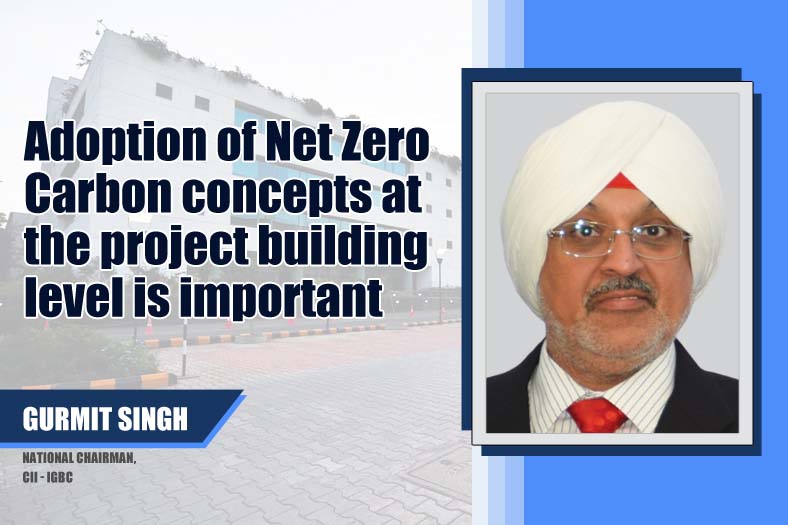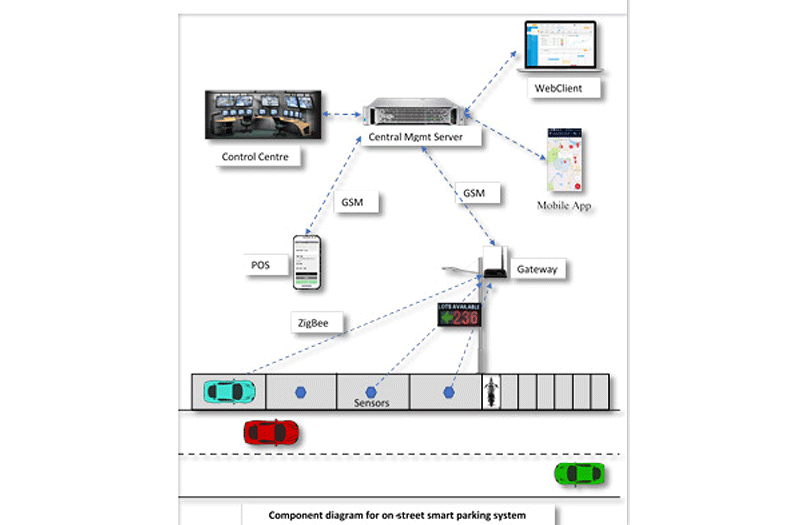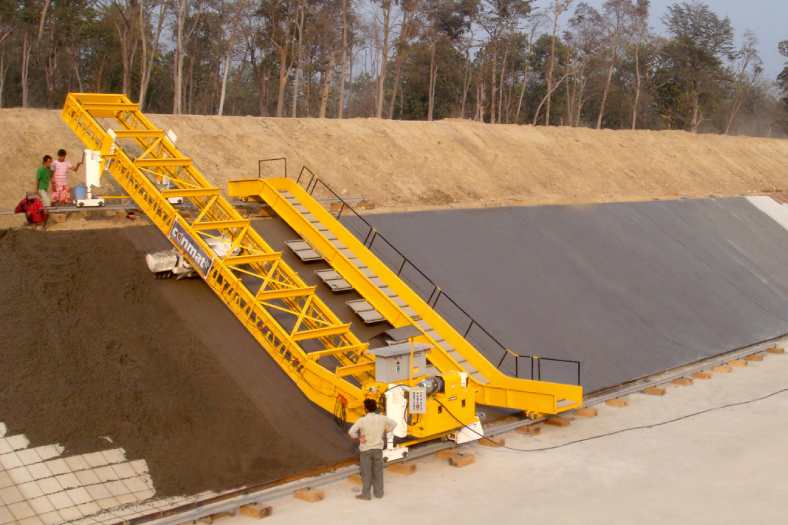Redevelopment projects: a good bet
“With renewed thrust from the government by way of better incentive in terms of FSI, clarification on policies, improved commercial feasibility on account of price increase coupled with rationalisation of expectations; the twin agendas of commercial viability and social benefit have been achieved,” observes Ramesh Jogani, MD, India Property Advisors Pvt. Ltd.
India shiningEveryone recalls the euphoria of 2005-06 heralding the arrival of India on the global stage as a new investment destination, and for good reasons too. India had a stable, pro-reform government, the Sensex recorded highs of 21,000 levels, and policies of economic liberalisation had triggered the inflow of large amounts of FDI in to the country across sectors. India’s burgeoning middle-class got a massive boost in its disposable income, and when coupled with banks offering low interest loans to developers and home buyers alike – India was witnessing a boom in the real estate sector like it had never seen before.
Opportunities missedThis exuberance led to an unprecedented $ 11 bn FDI inflow towards the real estate sector fuelled by the India story. Unfortunately the exuberance was short lived, the investments in to real estate were made on basis of pure ‘excel sheet’ underwriting and very weak fundamentals, led by ego boosting investments into hospitality and large retail formats, and the backing of large developers with pan-India ambitions (with the greed that the companies would get listed at huge valuations) which never saw light of the day. Another failed strategy was the increased focus on tier-two metros. The unprecedented inflows in to these cities led to the upward spiralling of land costs, stagnating investments for lack of depth in these markets. Developers relying on heavy leverage became the biggest bane of investors, and the unfounded dream- exits only remained on paper.
These and many more value traps came to the fore after the Lehman Brothers collapse in the US – the tremors of the domino effect that followed, were felt in India. The real estate sector went from being the most favoured sector to the most shunned. The blame for the devastating value erosion and loss of money that took place was misdirected towards the system, while the reality was that the principles behind the real estate investments made were fundamentally lacking.
Lessons not yet learnt? The resulting shakeup saw institutional investors take a perceptively cautious approach towards real estate, swaying from one end of the spectrum to the other, from equity participation towards pure debt transactions. While this shift in strategy seems better, a glaring truth is often missed. Debt transactions in to real estate projects are exposed to the same risks as equity participation. If a project fails to generate adequate returns, it will fail – yet if the project takes off and is profitable, the investor is limited by their fixed interest rate and loses out on the significant upside that follows. While the shift is glaringly evident, the lessons are not yet learnt as the general approach in this kind of investment is taking risk of equity and yet be satisfied with returns akin to debt. A few of the skeletons have started tumbling out.
It is a classic case of herd mentality, making the quote below relevant, keeping in mind the current investment trend.
New approach by international investorsNow the question comes – “Where does India stand in terms of investment destination?” The underlying sentiment for India remains unchanged; however institutional investors have become very cautious and watchful, and are in constant search for good managers. In their search, there is an emerging inclination for managers having hands on real estate experience, seen various cycles of downturn and upturn, and the ability to gauge and anticipate the way the markets will behave. Preference is given to fund managers with a differentiating strategy imbibing fundamental principles of investment, thereby protecting capital, and ensuring the upside and being able to find bargain deals consistently.
Finding value in bargains Contrary to typical investing, IPAL has adopted a niche strategy finding bargains in the crowded place. IPAL has discovered the unique proposition in slum and society redevelopment projects in Mumbai known for its resilient residential segment. Investment in such projects primarily goes towards rents and temporary accommodation, and with no cash out for the developer the cost of land reduces by nearly 35-40 per cent as compared to the purchase of any vanilla land parcel in Mumbai. With further focus on product design, apartment sizes, and price points all tailored towards quality and affordability –such projects are geared to succeed. Even in a falling market, the cheap land acquisition cost provides a buffer to market rates ensuring commercial viability of such projects.
An opportune time to investRedevelopment as an asset class is shunned by general real estate investment firms despite being lucrative and low capital intensive. With affordability in Mumbai a pressing concern, there cannot be a more opportune timing than now to invest in this space. Developers who buy vanilla land parcels are unable to price their sale apartments at competitive rates due to the high premium paid for their land.
This has led to a surge in demand for slum and society redevelopment projects after a decade of being untouched on account of their poor commercial feasibility, mismatched expectations on part of developers and dwellers alike, poor incentives and opaque policies.
With renewed thrust from the government by way of better incentive in terms of FSI, clarification on policies, improved commercial feasibility on account of price increase coupled with rationalisation of expectations; the twin agendas of commercial viability and social benefit have been achieved. This will kick start the process of attracting international investors once they see the unrealised value and significant opportunity for wealth creation in them.rehabilitation and society redevelopment space
Cookie Consent
We use cookies to personalize your experience. By continuing to visit this website you agree to our Terms & Conditions, Privacy Policy and Cookie Policy.









